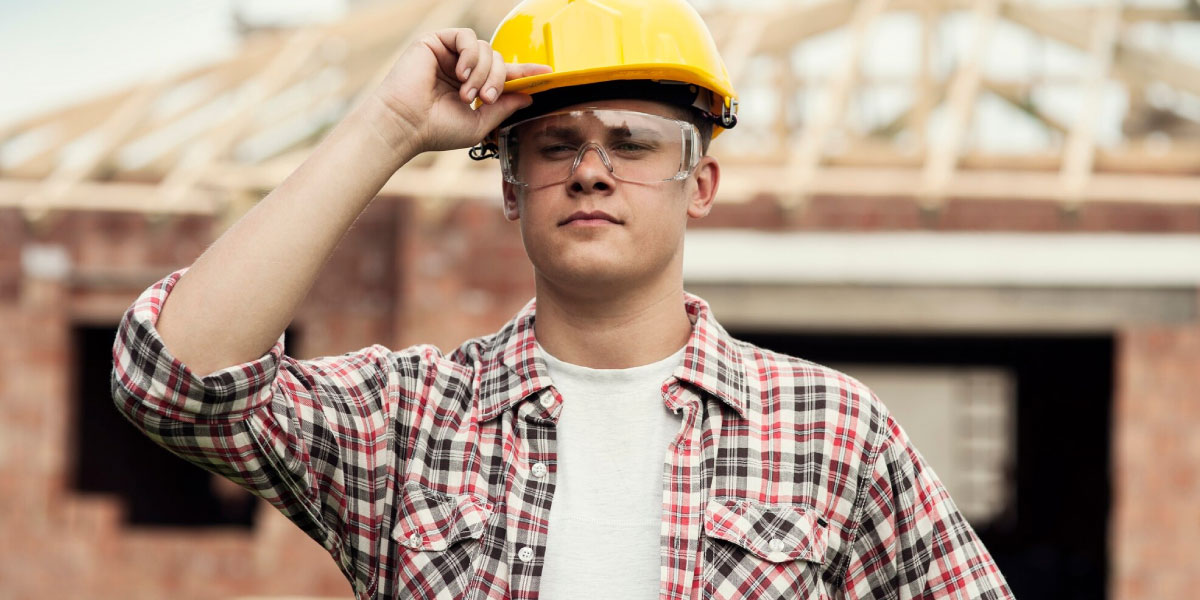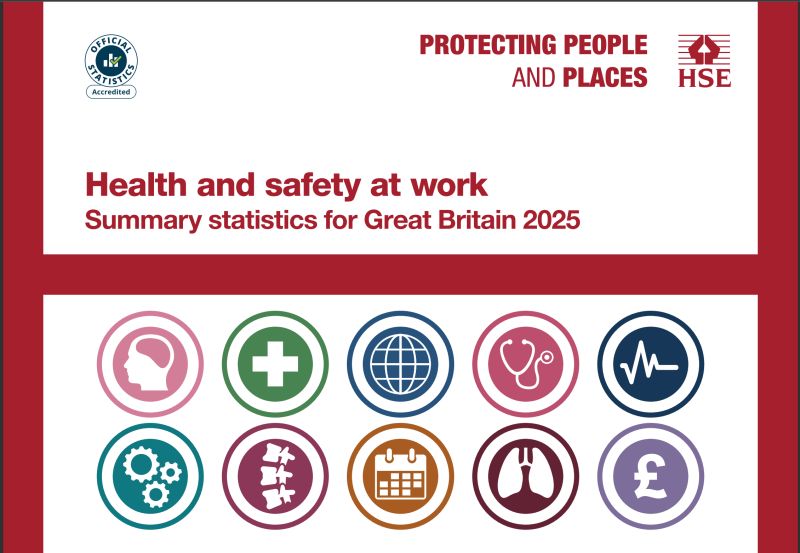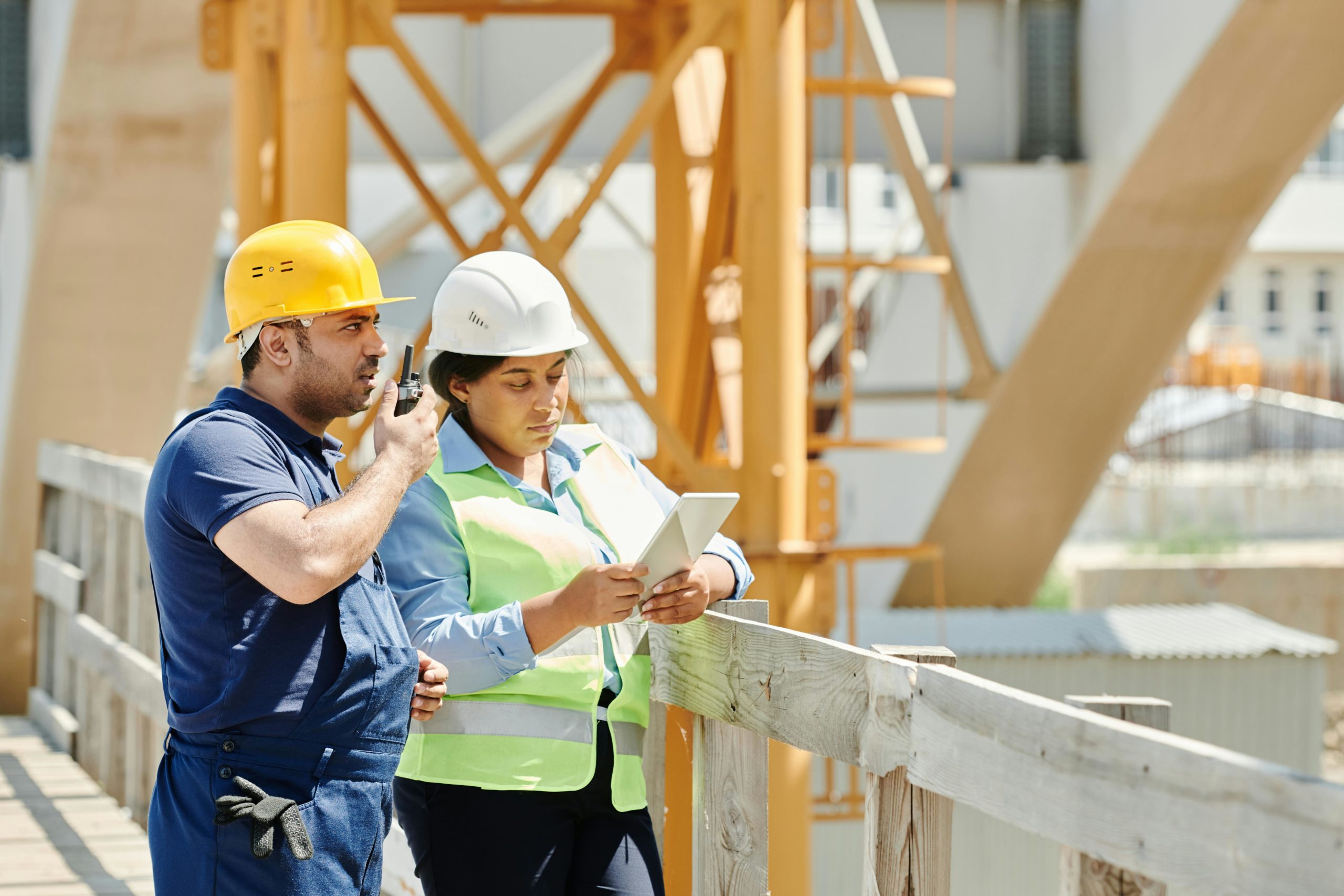In construction, it’s no secret that workers face intense pressures. Long hours, high-risk environments, and the constant demand to meet deadlines can take a toll on mental health. While the focus in construction is often on physical safety, it’s just as critical to prioritise mental well-being. This World Mental Health Day, let’s explore how we can build a culture of prevention on our construction sites, helping to reduce stress and create a supportive work environment for everyone.
Why Mental Health Matters in Construction
Statistics show that stress, anxiety, and depression account for nearly half of all work-related ill health cases. In construction, where workers often operate under tight deadlines and in high-pressure situations, the risks are even greater. Unmanaged stress not only impacts individuals but also the broader team, leading to reduced productivity, higher sickness absence, and turnover. Addressing this isn’t just about following legal obligations; it’s about creating a sustainable, thriving workforce.
Steps to Build a Mental Health-Focused Culture
- Get Leadership Onboard
Change starts at the top. Leadership buy-in is essential to embedding mental health practices into the company culture. Managers need to openly communicate their commitment to creating a safe and supportive environment where talking about mental health isn’t taboo. - Assess the Current Landscape
Evaluate the current mental health provisions within your organisation. Look at sickness records, turnover rates, and any feedback from staff. Conducting anonymous surveys can give workers the opportunity to express concerns without fear of stigma. Identifying these gaps will help inform a strategy for improvement. - Set Clear Targets
Establish clear goals around mental health support. Whether it’s reducing sickness absence due to stress or ensuring every worker has access to mental health resources, having specific targets will give the initiative direction. - Empower the Workforce
Equip your team with the knowledge and tools to support one another. Providing mental health awareness training and encouraging peer support networks can make a significant difference in spotting early signs of stress or anxiety and offering help before things escalate. - Offer Accessible Support
It’s crucial to make mental health resources readily available. The NHS Mental Health Service is a fantastic resource, providing support for those who need professional help. Additionally, Acadame offers Supervising Mental Health for First Aid Training, giving leaders the tools they need to address mental health issues on-site. For SMEs in the construction industry, connecting with larger contractors or trade bodies can provide workers access to additional support services. Involving the entire supply chain can help create an industry-wide culture of care.
Keep the Conversation Going
Breaking the stigma around mental health in construction requires ongoing communication. Regular updates, posters, and reminders to encourage open dialogue can help foster a supportive environment. It’s not a one-time effort—review your mental health strategy regularly and make adjustments as necessary to continue improving.
By making mental health part of the health and safety conversation, we can ensure construction workers thrive, both mentally and physically. Together, we can build a healthier, more supportive industry—one that values not only the work we do but also the people who do it.




